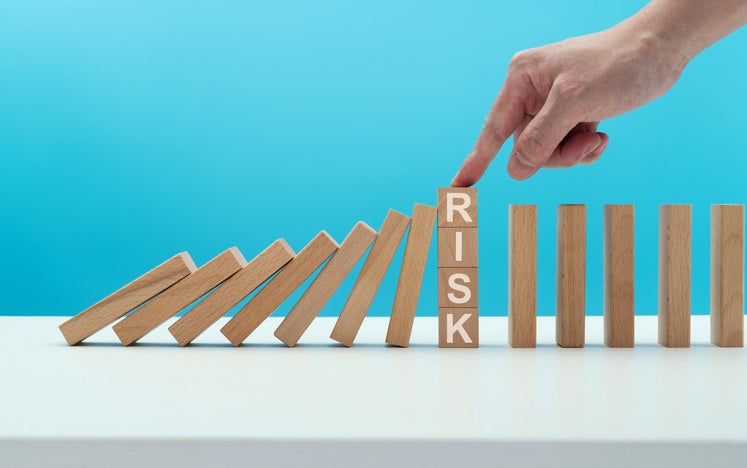
Falls prevention for older adults is crucial to maintaining their safety and overall well-being. Here are ten tips to help prevent falls:
- Regular Exercise: Engaging in regular exercise will improve strength, balance, and flexibility.
- Home Safety: Conduct a thorough assessment of the home to identify potential hazards.
- Remove tripping hazards from walkways
- Discard throw rugs or secure them
- Keep items used most often in easy to reach cabinets
- Proper Footwear: Wear well-fitting, comfortable, supportive shoes with non-slip soles inside and outside. Avoid high heels, flip-flops, and shoes with worn-out treads. Have a doctor check your feet yearly and discuss proper footwear.
- Medication Review: Consult with a doctor or pharmacist to review and assess potential side effects of your medications, as dizziness and instability can result from certain drugs.
- Vision Care: Eye check-ups are essential for maintaining good vision. Poor vision can increase the chance of falling.
- Grab Bars & Handrails: Install grab bars and handrails in bathrooms, hallways, and staircases to provide support and stability.
- Proper Lighting: Use nightlights in areas frequently used at night, like the bathroom and bedroom.
- Use Assistive Devices: If needed, use canes, walkers, or wheelchairs.
- Stay Hydrated and Eat Nutritiously: Dehydration can lead to dizziness and weakness, increasing the risk of falls. Ask your doctor about taking Vitamin D to improve bone, nerve, and muscle health.
- Hearing Assessment: Poor hearing can contribute to falls, especially if unable to hear warnings or approaching hazards.
Prevention is key to reduce the risk of falling. To ensure continued independence and well-being, older adults should have regular check-ins and screenings with a healthcare professional to monitor and address specific issues related to fall prevention.
SOURCES: NIA Falls and Fractures in Older Adults: Causes and Prevention, CDC Older Adult Fall Prevention, NCOA Falls Prevention

